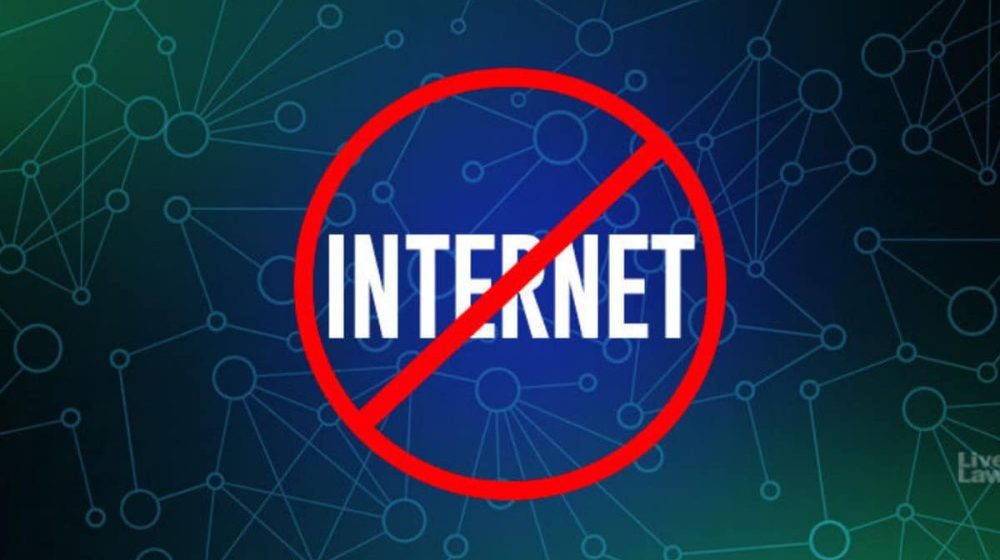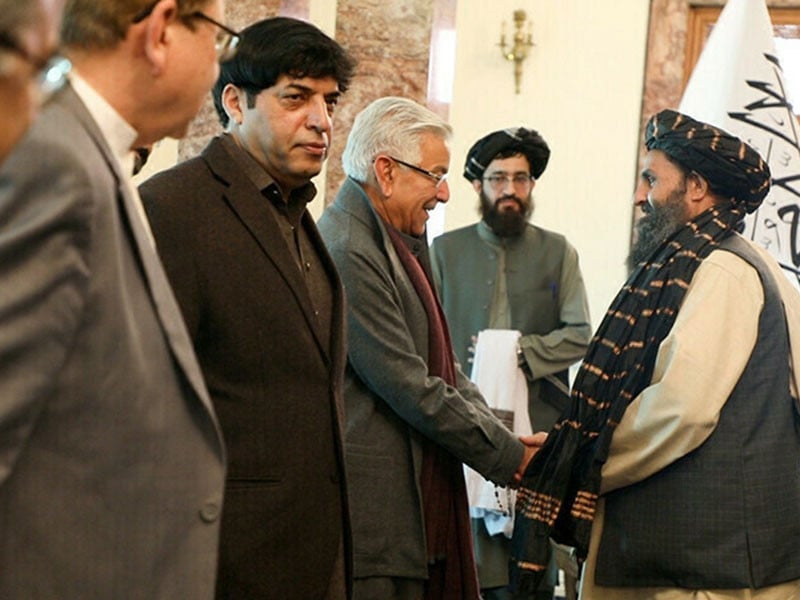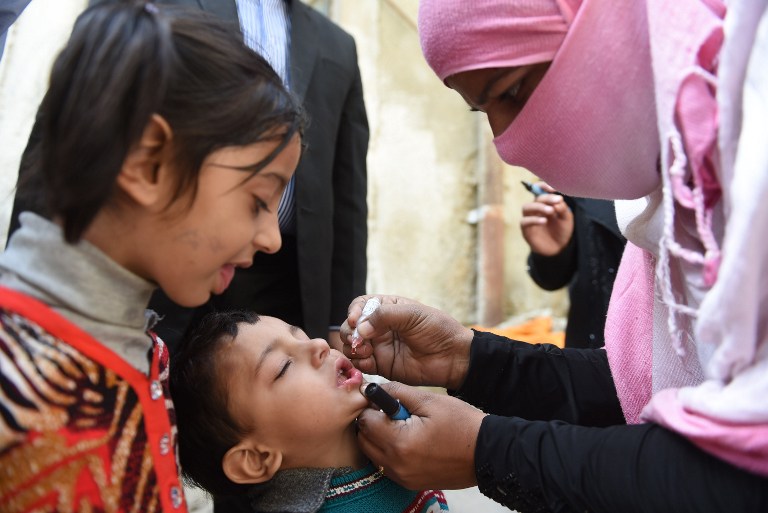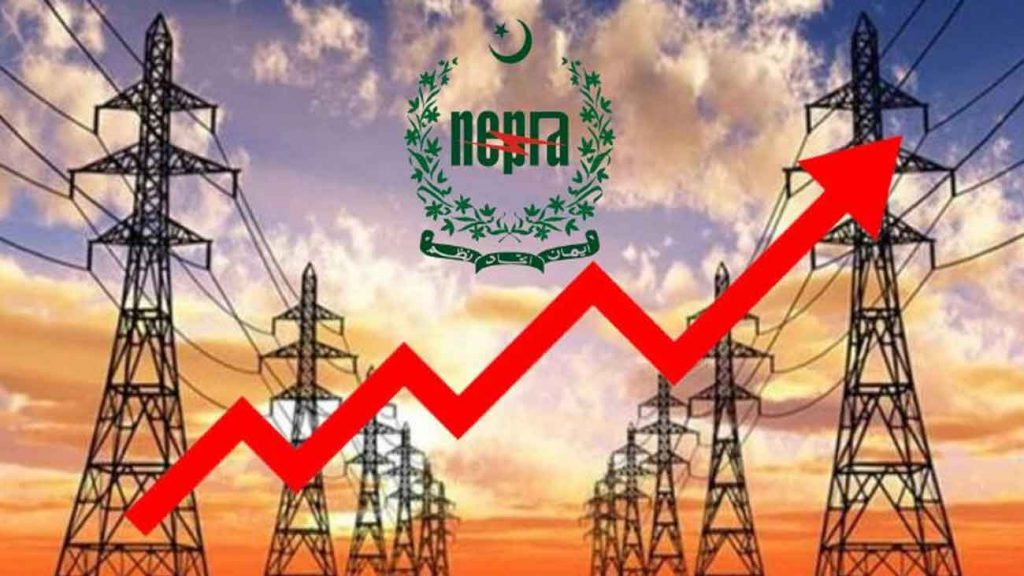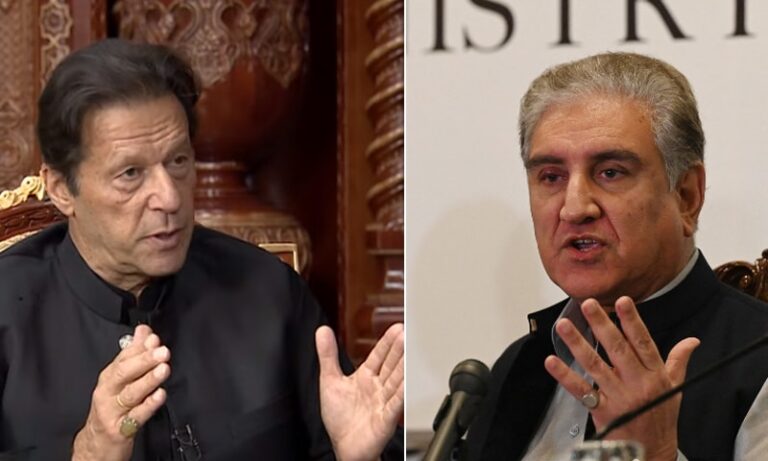Editorial
Millions of Pakistanis headed to the polls today to elect a new government, but their democratic exercise was met with a stifling silence: the nationwide suspension of mobile calls and data services. While the Interior Ministry cited recent terror incidents as justification, the move sparked criticism and raised concerns about transparency and accessibility.
This election holds immense significance, marking almost two years since the controversial ousting of former Prime Minister Imran Khan. Nawaz Sharif, a divisive figure with three stints as PM, also makes a comeback, leading many analysts to call this the least credible election yet.
The communication blackout casts a long shadow over the process. Voters expressed shock and frustration at being unable to book taxis, communicate with family, or access information online. This raises valid questions about voter facilitation and potential disenfranchisement, especially for those relying on digital tools for transportation and coordination.
The government’s explanation, focused on security concerns stemming from recent attacks, remains debatable. While acknowledging the need for security measures, critics like Bilawal Bhutto Zardari, himself a candidate, questioned the proportionality of such a sweeping shutdown and its potential to stifle information flow and independent reporting.
The heavy security presence, including border closures and armed guards at polling stations, further amplifies the feeling of a constrained election. While ensuring safety is crucial, it’s equally important to balance it with transparency and accessibility.
This communication blackout, unprecedented in its scale during an election, sets a worrying precedent. While the results remain to be seen, the question lingers: did Pakistan’s democracy truly have a voice on election day, or was it silenced by the imposed silence? The answer will likely shape the future of this already fragile democracy. However, despite these challenges, the voters must come out of their homes and cast their votes for a functional democracy.
Please, subscribe to the YouTube channel of republicpiolicy.com



































